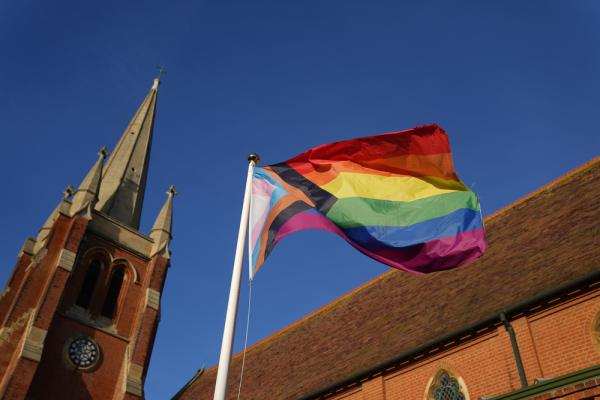May 22, 2025
On April 16, 2025, the Supreme Court of the United Kingdom passed a ruling that the legal definition of a woman excludes transgender women in some cases. This came after the campaign group For Women Scotland fought to oppose sex-based protections for anyone not assigned female at birth. The group’s agenda had focused on the Scottish government’s interpretation of The Equality Act of 2010, which provides protections against discrimination. This ruling does not prevent trans people’s protection from discrimination as trans people, but it does reinforce the idea of a strict binary for gender.
Read the Full Article

Already a subscriber? Login
